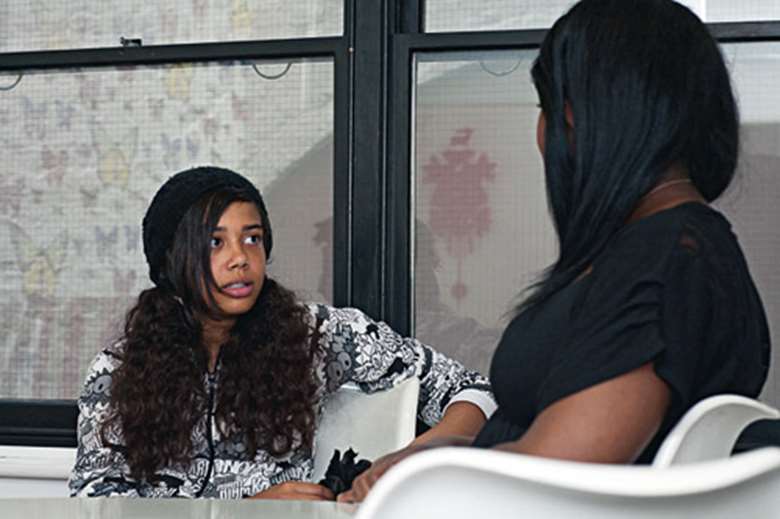YoungMinds urges better support for childhood trauma victims
Joe Lepper
Wednesday, February 7, 2018
Supporting children who have been affected by adversity and trauma should be made a public health priority, a mental health charity has said.

Young Minds is calling on the government to ensure that professionals across health, social care and education can better identify victims and understand the effect of trauma on a child's life.
It said that young people who have been through adverse childhood experiences (ACE) - which can include neglect or abuse, the death of a family member, experience of racism or prejudice, or being the victim of witnessing domestic abuse - are not identified and are unable to access support.
The charity wants all professionals working with children, including nurses, GPs and police to have specific training on how and when to ask children about possible traumatic experiences.
It said the training needs to highlight the fact that aggressive behaviour in young people can be a common response to a traumatic event. Other symptoms can include nightmares, persistent negative moods as well as problems sleeping and concentrating.
In addition, the charity wants health commissioners to introduce "trauma-informed care", which involves being aware that certain medical situations, such as having an injection, may add to a trauma victim's sense of vulnerability and make them aggressive.
"As a society, we need to get much better at identifying when seemingly difficult behaviour may be a reaction to a traumatic event or a sign of emotional distress," Marc Bush, head of policy at YoungMinds said.
"Professionals need a framework so they know how to look at what's causing different behaviours and feel confident identifying when a young person may be reacting to trauma.
"If a child becomes aggressive with a school nurse, who is trying to give them an injection, that could be a response to violence or drug misuse in their family - but the nurse needs clear guidance on how to identify this.
"If a teenager whose father has just died is caught shoplifting, treating them as a criminal without looking at the circumstances is unlikely to help them in the long-term."
"Trauma-informed care involves listening to young people and understanding their situation and their needs."
Young Minds also wants to see better access to specialist support for children with experience of trauma.
"That could mean working with gang members on the street rather than expecting them to come to a counselling appointment at the GP surgery," said Bush.
"It could mean that if a child who witnesses violence at home starts self-harming, they are able to go to a quiet drop-in centre rather than sit for hours in a potentially triggering environment like A&E."
The recommendations are made in a YoungMinds book called Addressing Adversity, which also calls for more online support groups to be set up to promote resilience and help combat isolation among this group of vulnerable children.
"Online support groups and forums have potential to provide an important source of protection, with studies suggesting beneficial effects in terms of increased emotional support, self-disclosure, reduced social anxiety and belongingness," the book states.
According to YoungMinds, around a quarter (23 per cent) of adults have experienced at least one adverse childhood experience, with nine per cent experiencing four or more.
Experience of four or more such experiences can make a young person seven times more likely to be involved in violence, eleven times more likely to be given a custodial sentence and five times more likely to have underage sex.




